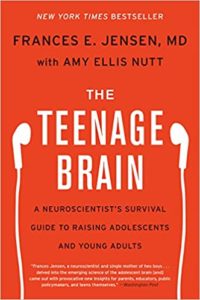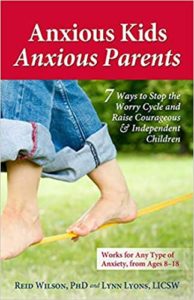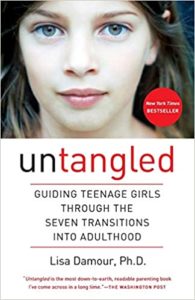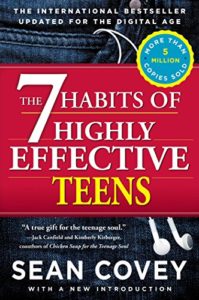Informative Articles and Research
A 4-Step Process for Building Student Resilience
A special education teacher has developed worksheets to help all students identify and manage their stressors. [Edutopia]
Have Smartphones Destroyed a Generation?
More comfortable online than out partying, post-Millennials are safer, physically, than adolescents have ever been. But they’re on the brink of a mental-health crisis. [The Atlantic]
Kids’ Brainpower Tied to Exercise, Sleep and Limited Screen Time – The New York Times
At least 60 minutes of physical activity a day, nine to 11 hours of sleep a night, and no more than two hours a day of recreational screen time were tied to higher mental test scores. [NY Times]
Help Your Child Reduce Test Stress
It’s normal for kids to worry about tests, but worrying too much can be bad for kids and their grades. Here’s how to tell if your child has test anxiety and what you can do about it. [School Family]
Why Are More American Teenagers Than Ever Suffering From Severe Anxiety?
Parents, therapists and schools are struggling to figure out whether helping anxious teenagers means protecting them or pushing them to face their fears. [NY Times Magazine]
In High School, the Kids Are Not All Right
With social and academic pressure mounting, a teacher shares what he’s learned about tracking his students’ mental well-being. [Edutopia]
17 ‘Small,’ but Significant, Lifestyle Changes That Help People With Anxiety
While it’s easy — and understandable — to roll your eyes when someone offers a “miracle cure” for your anxiety, it’s also important to acknowledge this truth: There are day-to-day changes you can make that might help you manage your anxiety. [The Mighty]
The Overprotected American Child
Why not let them walk to school alone? Parents and communities are figuring out ways to give their children more independence—and it just may help them to become less anxious, more self-reliant adults. [Wall Street Journal]
The Right Way for Parents to Help Anxious Children
Anxiety disorders are common in childhood, and many parents naturally want to shield their youngsters from distress. But that is often the exact opposite of what they should do. [Wall Street Journal]





